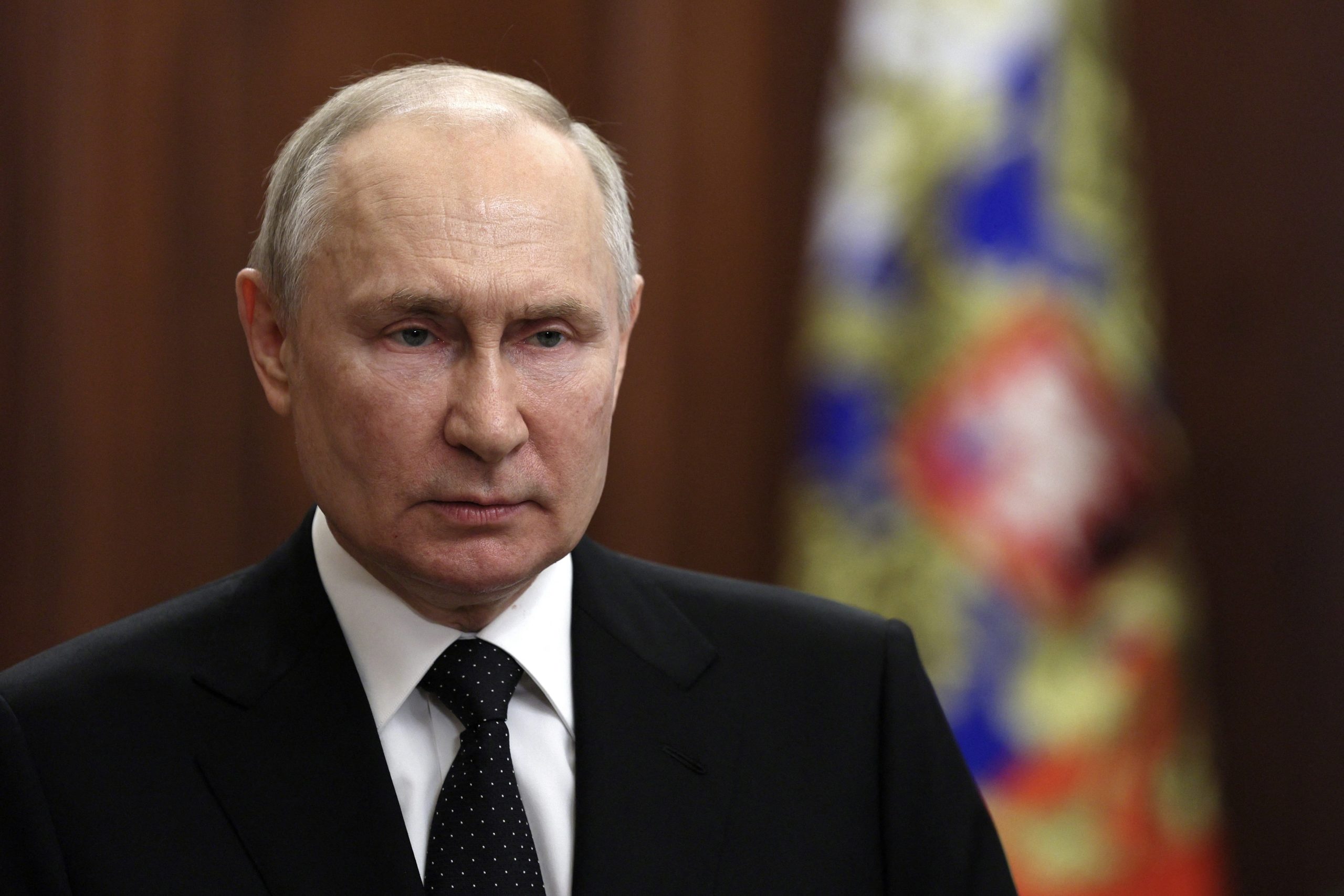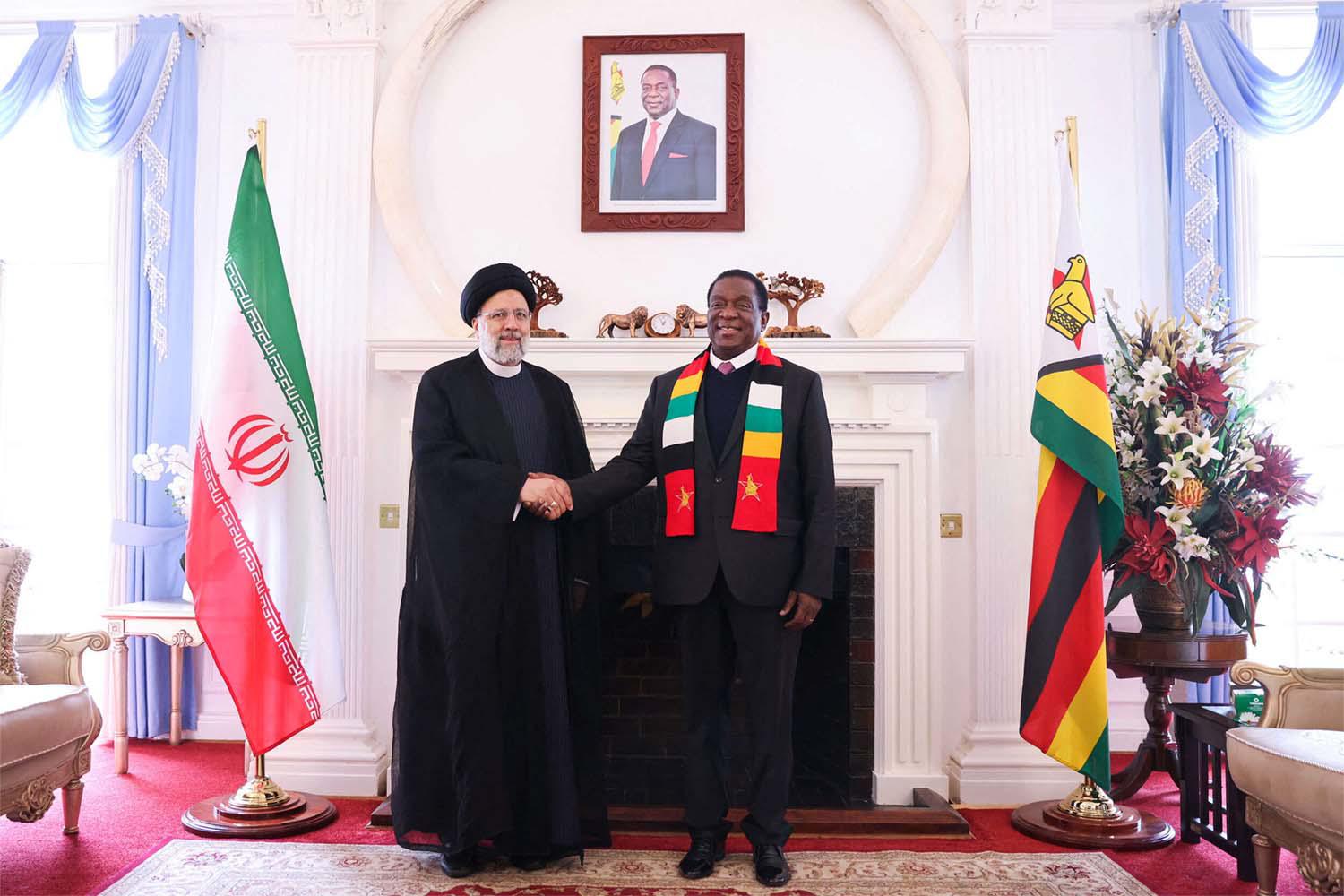Russian President Vladimir Putin has revealed that he extended an offer to the Wagner mercenaries, following their mutiny against Moscow’s military leadership last month. In an interview with the Russian daily Kommersant, Putin disclosed that he met approximately 35 Wagner fighters, along with their founder Yevgeny Prigozhin, in the Kremlin and presented them with various options for their future. While Putin did not explicitly state that the mercenaries would remain within the Russian military, his offer implied the possibility of continued service under their current commander.
Putin’s Offer to Wagner Mercenaries
Putin’s meeting with the Wagner fighters took place five days after their short-lived revolt last month. The Russian President proposed that the mercenary force could continue serving under their current commander, referred to by the call sign “Grey Hair.” This offer was part of a range of options presented by Putin for the mercenaries’ future.
Wagner’s Role in Ukraine Conflict
Wagner fighters have played a significant role in the Russian army’s campaign in eastern Ukraine. They were instrumental in the capture of the city of Bakhmut in May, following months of intense battles. However, Yevgeny Prigozhin, the founder of Wagner, repeatedly criticized Russia’s military leaders, accusing them of failing to support his men and withholding crucial supplies during critical moments of the Bakhmut battle.
The Abrupt End to the Wagner Mutiny
After crossing from Ukraine into Russia, the Wagner fighters seized control of the southern city of Rostov-on-Don on June 24, while other units made a dash towards Moscow. However, the mutiny came to an abrupt halt when Prigozhin announced that his forces had suspended their advance after being offered a deal. The agreement allowed them to resettle in Belarus, and criminal charges against them would not be pursued.
The details of the offer made by Putin to the Wagner mercenaries and their subsequent decision on whether to accept or decline it remain undisclosed. However, Putin’s willingness to engage with the mutinous group highlights the complex dynamics between the Russian military leadership and the Wagner fighters. The outcome of this offer could have implications for the future cooperation and relationship between the Russian military and private military contractors like Wagner.
















